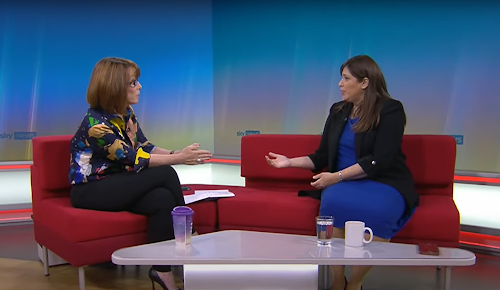Scott Burgess considers the response to the Guardian/Aslam affair. I’d recommend reading it in full.
My view on the matter is as follows.
I think that the mainstreaming of the islamist political programme within politics and some of the media is one – but not the only – vector through which such political ideas gain currency. I’ve written about this process extensively on this blog.
Dilpazier Aslam’s case in many ways exemplifies this process. In particular, I am worried by this report:
The Guardian says that its comment editor was unaware of his membership. However, colleagues say he made no secret of it in the newsroom.
“There was a failure of understanding about what this organisation was,” a Guardian source said. “It just shows the media’s lack of understanding of Muslim life. It was much more Guardian cock-up than conspiracy.”
The failure of understanding led the Guardian to employ a Hizb’ut Tahrir journalist, to write a transparent Hizb’ut Tahrir propaganda piece, about a court case which was evidently a Hizb’ut Tahrir set up. Tellingly, the Guardian makes no mention of this story.
There are four possibilities here. Either the Guardian editor or editors who commissioned the various Aslam pieces did not know what other members of the newsroom knew. Or they had heard something about it, but didn’t fully understand the nature of Hizb. Or they knew full well what Hizb stands for, but saw Aslam as a source of a good story the Guardian wouldn’t otherwise get.
Or, alternatively, the editors who commissioned Aslam’s pieces took the view that political groups like Hizb should be given a mainstream platform because they are bit part players in a larger struggle for or against … whatever it is they think is going on.
I know what Aslam thinks, because he has honestly and openly published his views, outside the pages of the Guardian.
But it is what his case tells you about the Guardian that interests me more. How good is their understanding of Islamist politics? What is their attitude to extreme manifestations of Islamism, and Islamist politics generally?
I suspect that in some parts of what passes for the left of politics and the media, Islamism is seen as a kind of exotic weird thing to which muslims have been driven by racism or imperialism, with no life or direction of its own, which is to be tactically supported when appropriate, used for “colour” when interesting, and generally ignored.
That is, to put it charitably, stupid.
I’m relieved, as a Guardian reader, that the Guardian has decided that membership of a racist theocratic organisation is incompatible with writing for a liberal newspaper.
But we still need to know the process by which the Guardian became the mouthpiece for Hizb’ut Tahrir.
That’s the story I’d still like to read.
Anybody want to write it?


